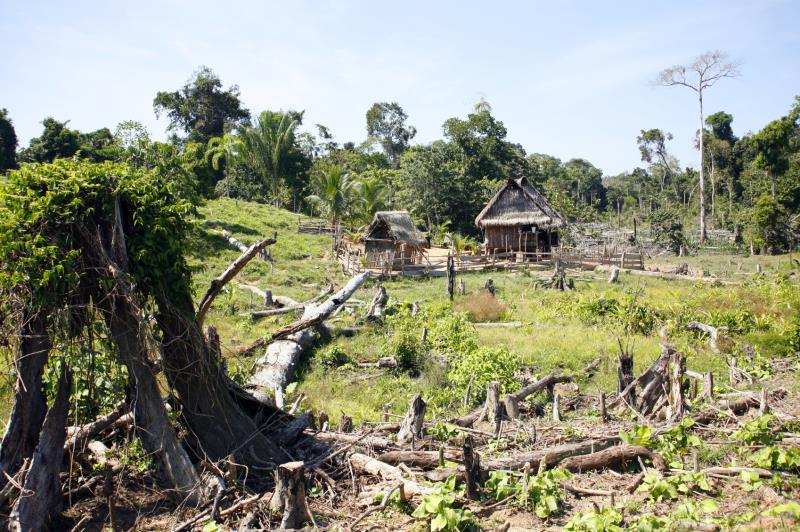The application of the European Union Regulation on deforestation-free products (EU Deforestation Regulation or EUDR) has been postponed by 12 months to 30 December 2025. In-scope companies should continue to work to meet EUDR compliance.
On 3 December, the Council reached a provisional agreement with the European Parliament on a proposed targeted amendment of the EU deforestation regulation, postponing its date of application by 12 months until 30 December 2025. According to the provisional agreement, the targeted amendment will not affect the substance of the existing rules, which aims to minimise the EU’s contribution to deforestation and forest degradation worldwide, by only allowing deforestation-free products to be placed on the EU market or exported from the EU.
The Commission agreed to provide further clarifications and simplifications in the guidelines and frequently asked questions (FAQs). The Commission has also promised to examine further simplifications by the time of the review report on the Regulation in 2028, including the possibility of an additional category for countries that practices sustainable forestry and a comprehensive impact assessment.
Background:
Under the original EU legislation which aims to reduce deforestation by ensuring that products consumed on the EU market do not contribute to deforestation and forest degradation worldwide should be enforced from 30 December 2024. The regulation introduces mandatory due diligence rules for all operators and traders who place, make available or export the following commodities from the EU market: beef, palm oil, timber, coffee, cocoa, rubber and soy.
The co-legislators set the cut-off date of the new rules as 31 December 2020, meaning that only products that have been produced on land that has not been subject to deforestation or forest degradation after 31 December 2020 will be allowed on the Union market or to be exported.
Businesses of all sizes that trade in the selected products will have to meet stringent due-diligence obligations that trace the products they are selling back to the plot of land where it was produced. The European Commission will establish a bench-marking system which ranks countries according to their risk of deforestation: low, standard and high. While no country or commodity will be banned, companies placing products on the EU market will be obliged to demonstrate that their supply chains are not contributing to deforestation. They can use satellite monitoring tools, field audits, capacity building of suppliers or isotope testing to check where products come from.
The EUDR does not include ‘compound feed’ in the Annex I of relevant commodities or products, meaning the placement of compound feed on the EU market is excluded from the scope of the EUDR requirements. This also means that compound feed containing relevant commodities and products, such as soy and palm oil products, is not subject to the EUDR, except certain traceability requirements linked to feed containing soy and/or palm products destined to cattle.
Farmers will be required to prove that any beef sold on the EU single market, including in Northern Ireland, has not come from cattle raised on land that was deforested to make space for grazing. They will also have to demonstrate they are not using animal feed that contains soy or palm oil that is driving deforestation abroad.
However, the traceability requirements are unclear and there remains many questions over what information is required and lack of definitions which have not been answered.
Copa Cogeca stated that: "The focus must now shift to addressing the practical challenges associated with the EUDR’s implementation to prevent uncertainties and avoid supply chain disruptions. We will carefully review the guidance document published today and remain committed to further dialogue to ensure workable solutions for all impacted sectors.
